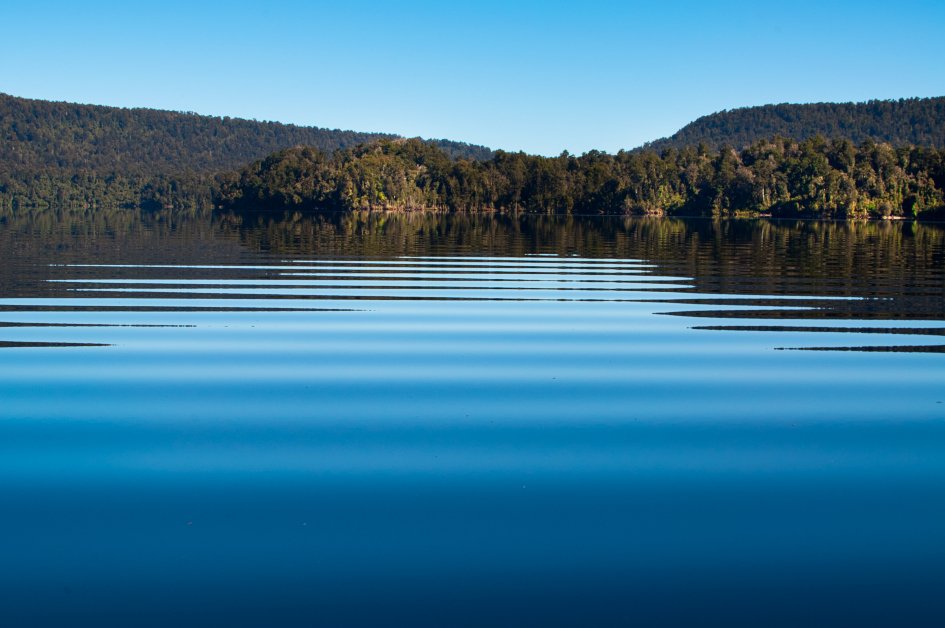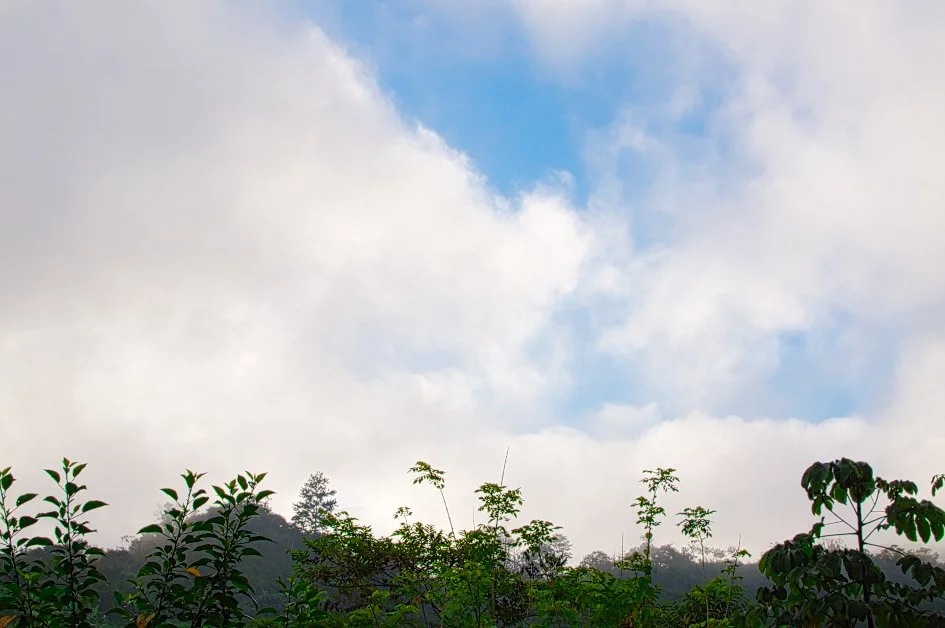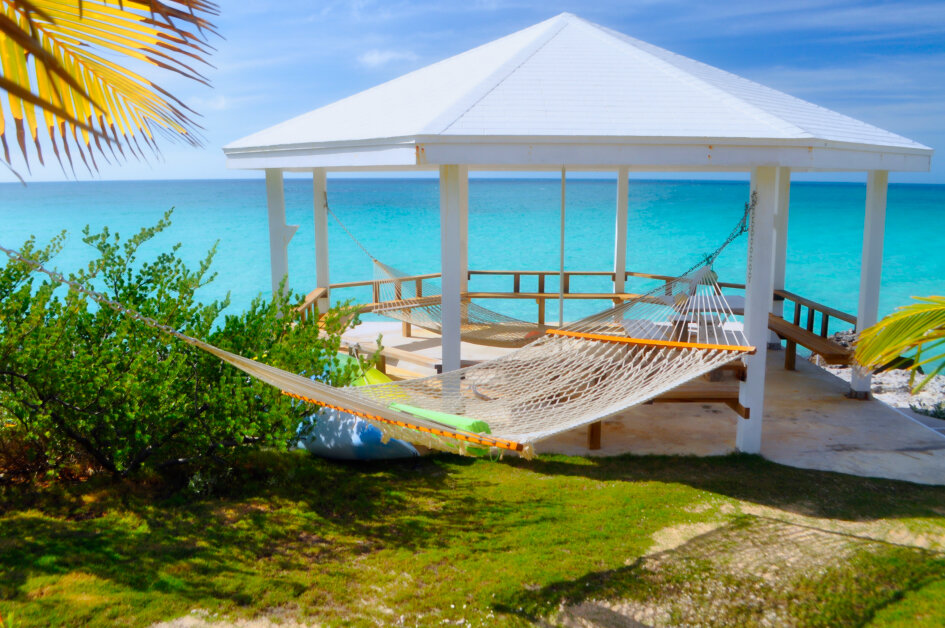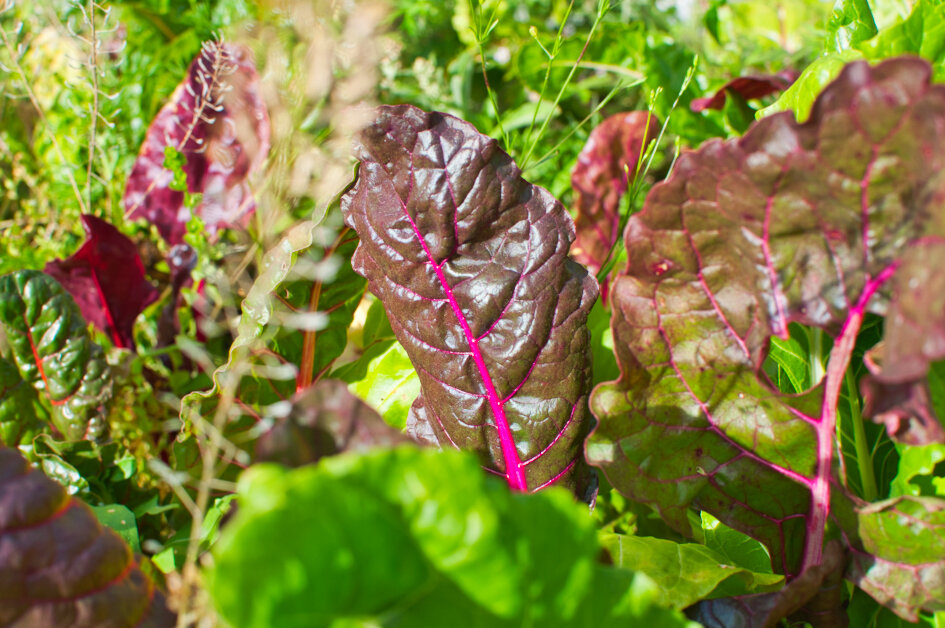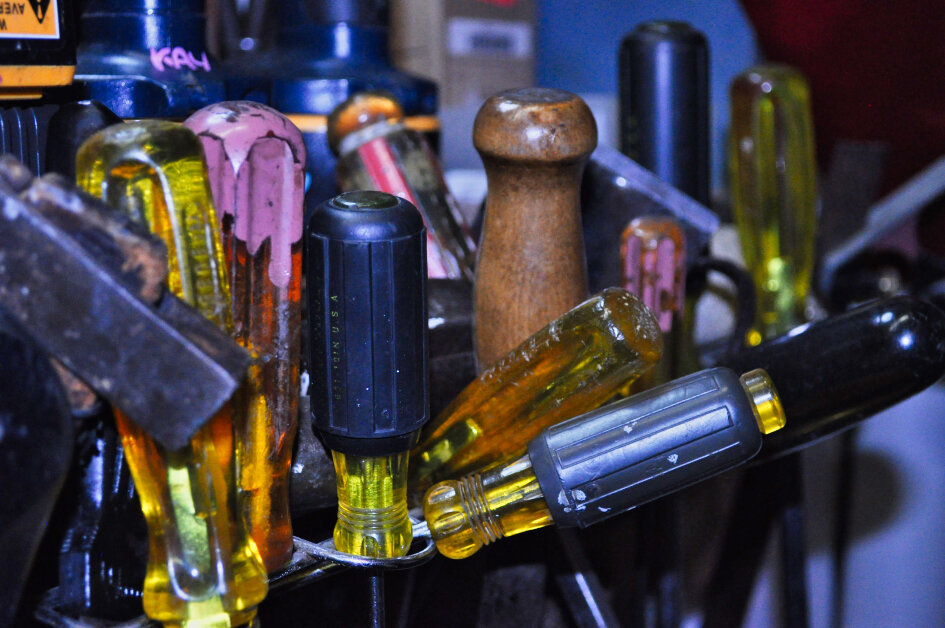You know those weeks that are an almost-comical series of awful and exhausting things? I’ve just had one of them. The blog post I was trying to write, well, it’s just not done. I could push through, put it up, but I wouldn’t feel good about it. I haven’t said all the things I want to say in it yet. It needs more time to develop.
This desire to give it more time clashes with my equally strong desire to be consistent about putting up a new blog post here every Friday. And for all the time I’ve been writing this blog, this is the first week I’ve ever felt this conflict. I’m sure it won’t be the last, though!
The usual response to this type of thing is to push through, right? I’ve made a commitment to putting up a weekly blog post. And while there will undoubtedly be weeks when I do have a good excuse for not following through, this doesn’t feel like one of them. But I’m equally committed to not forcing myself when I feel resistance turn into that particular brand of anxiety known as dread. And I’ve been feeling that this week.
I’ve written about how I believe creativity should be enjoyable. Not all the time, but most of the time. There are two reasons for this. One, if it’s not enjoyable, eventually you’ll be forcing yourself through it every time, and that’s neither sustainable nor conducive to doing your best work. Two, if it’s not enjoyable, what’s the point? Creativity is what makes my life feel like it’s worth living. It’s what gets me out of bed every morning. For me, it has to be enjoyable.
You can see my conundrum. Do I fail at my deeply held belief that creativity should not be forced, and finish that blog post even if it feels awful? Or should I fail at following through on my commitment to my readers to have a weekly blog post up on Friday?
I finally realized that this perspective was too either/or. It was so constrictive and uninspiring that it was depressing me. What was the third option here? I thought about what is exciting me right now. My fiction. This summer I’m trying to finish the third draft of my novel, The Gentle History. This is a big deal, because it will be the first finished draft of a novel I’ve been able to complete in 15 years. And I’m loving the process, which is itself also a big deal (my attempts to finish novels in the past only led to misery because I was - you guessed it - forcing things).
So I decided that this week in lieu of my typical blog post, I would post some excerpts of my novel. Will people want to read them? Maybe, maybe not. That’s not the point. The point is, I feel excited about it, and it has allowed me to continue to be in touch with my creative flow of inspiration even in an impossible week. It gives me a way of honoring my goal of putting up a weekly post, and it’s a way of sharing my process, which is also something I’m committed to. So many boxes ticked!
Sharing excerpts from a novel is challenging, because novels are longform, and excerpts are short. So these are really more vignettes, in no particular order, that give a feel for the novel.
The Gentle History a novel about a woman who discovers she drowned as a child. It best fits into the genres of literary slipstream, dark psychological, and mystery/thriller.
Draft 3; excerpts.
Sometimes I get flashes in my mind of geometric shapes sliding together, gone so fast that what I sense are afterglows, more a feeling of something visual; apparition. I wonder if they are brief revelations of the inner workings of my mind. Not its organic workings, but the way it perceives how the world fits together. Angles and planes, points and ledges, moving across and over each other, merging, folding, subsuming.
The way yesterday slides under today. Then today bends and buckles at its own horizon, and yesterday emerges again. Yesterday contracts, lengthening into a line that arrows forward in a loop that comes back around to pierce the center of a disc that is another day.
I am a single point that sometimes becomes a line and sometimes a spiral. I spin under the water, a whirlpool, I come up as a wave. I can’t remember what I remember. So I start back at the beginning.
It was dark, and I was alone.
*
When I struggle up through layers of hangover-laced sleep and open my eyes to the pitch black of my basement apartment, I can believe that this is some strange afterlife or purgatory. The house phone’s ringing upstairs. It rings and rings, stops, then begins again and seemingly again and again. Or maybe this happened over the space of days. Or all at once, just one everlasting ringing. I close my eyes on it all.
Later, I pad to the bathroom, the glow of my laptop on my bed my guiding light, keeping the door open so I can pee without turning on the overhead bulb. Then I turn on my coffee maker, which I miraculously stocked at some point so it’s ready. Coffee, a bit of milk from a fridge with the inside bulb screwed out - I find the milk by feel - and I’m back on my bed, leaning on a stack of pillows propped up against the wall, laptop on my thighs. I go straight to the Bandits & Bureaucrats webpage to see if there are any new pictures from the weekend gig.
Paige has a kickass life, she somehow made it and I didn’t. The thing is, I was always ok with that, or I think I was. She was the one who couldn’t handle things. She acted like I was jealous of her success with music and all her cool music friends, but I wasn’t. Things just started getting dark for me. I was less and less of a real person, and she took it personally. At least I think that’s what happened. But I’m not sure, sometimes I’m so utterly confused by it all.
Bandits & Bureaucrats have gotten pretty big in Philadelphia. Paige plays the cello, which makes the band stand out. I’ve never been much into music, but I liked going to Paige’s gigs. Cello is definitely my favorite instrument. I can’t stand violin, it’s too high-pitched, but cello is in the right vibrational zone for me.
Tonight there are some new pictures of their Saturday night gig. Paige sits in a purple-pink haze at the left of the stage, wrapped around her cello. Her expression is what it always is when she’s playing, serious and lost-in-it, eyes gazing at things the rest of us can’t see. In one photo she holds her bow at the ready, head cocked to one side. Her brown hair is pulled back, her face sheened with rose from the lights. She’s beautiful. I mean, really.
No, I was never jealous of her when we were still friends. I’m jealous of her now, though. All the photos of her and the band, her husband, other friends who show up here and there, all people I know but not on my own, outside of Paige…it makes me feel sick. But still I look. I want to see.
*
Minutes pass, or don’t pass. The river moves. A light in an apartment across the way comes on and is extinguished almost immediately. Another light, this time left on for an indeterminate time. I don’t notice when it goes off, only that it is no longer on. The river moves some more. I have another mini vodka, and then one more. It’s the hour of nothing, the empty hour between three and four in the morning. The space between the end and the beginning. My time. It just feels so good to sit here alone in the dark office, drinking, watching the river and the apartments across the way.
Then, there’s something in the water. It floats along near to the shore and catches in some debris. It’s large and lengthy, and it takes my brain some time to catch up with what my eyes are telling it. It looks like a person, possibly face down, what seems like its head bobbing against the debris it’s caught up in. The leg end floats wide, circles, dislodges the head, and it continues its slow float past the office. I stand, peering at it until it disappears under the bridge a few hundred feet down the river.
In this empty hour, I’m not sure I’ve seen what I think I have. Across the way, the condos are all dark now except for one, where there’s a blue flickering from a tv. I stare at it, idly trying to discern a pattern to its intermittent flash, and wondering what I should do. Was it really a body? It could have been a log, it could have been a long cushion or piece of foam – hell, it could have been just a bunch of trash traveling en masse down the watery avenue. Why had I assumed it was a person, a dead person? Now, in retrospect, it seems quite obvious that it wasn’t. I sit again and scoot the chair up to the desk, eyeing the phone. I could call it in, but if it was a dead body, does it matter if I do? There’s no one to save here. I quail at the thought of speaking to a 911 dispatcher. I’ve never called 911 before, and assume they will want me to stay here to speak with the police about what I saw. I clearly can’t do that, they might smell alcohol on me. I really can’t be sure, after all, that I really saw a dead body. It was dark, the lights along the river are not strong enough to illuminate details. More and more I am convinced what I saw was nothing more than trash, an illusion of a body.
“Dammit,” I whisper. I turn on the computer and log on. Can I send an email about it? I do a quick online search. Doesn’t look like it. There is a phone tip line. I could probably call it in anonymously.
But even doing that, for something that is increasingly vague in my mind, feels like too much. I’d be wasting their time, calling. Now I don’t even know if I saw anything at all. I could just be having flashbacks of a dream from last night, or something that came from my subconscious. It’s already gone, a phantom, another lost memory.



